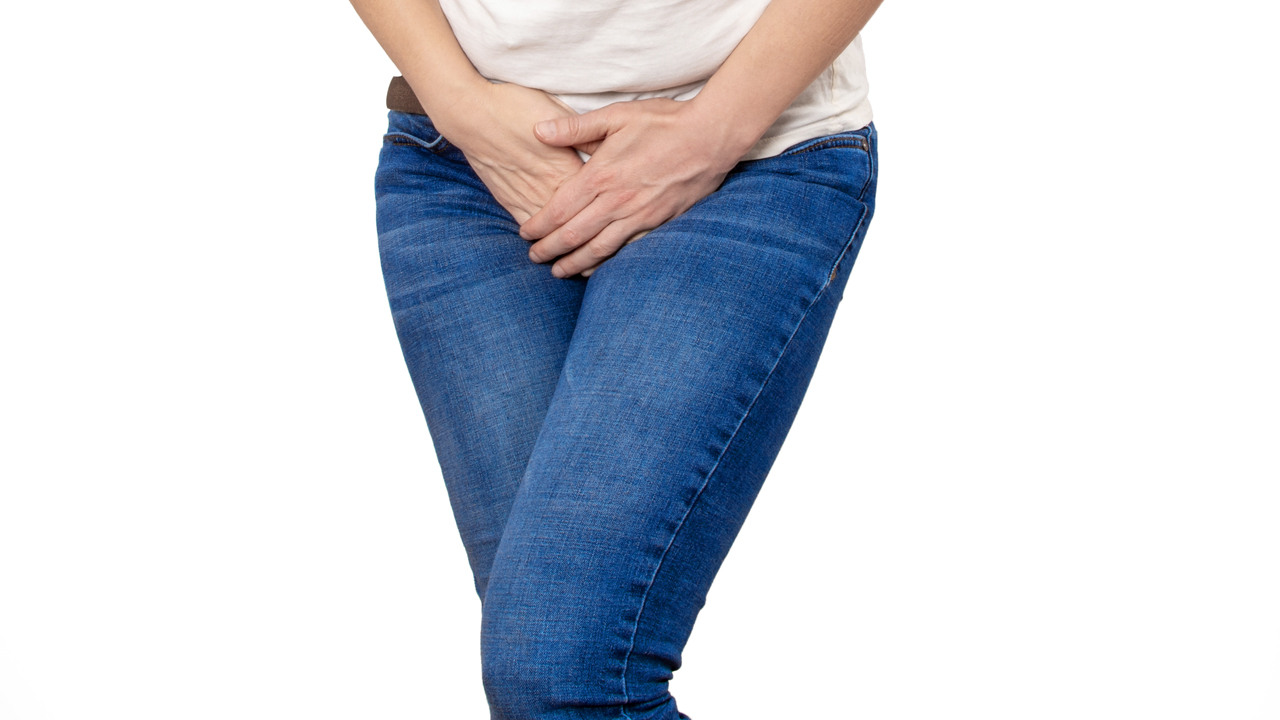In Clinical
Bookmark
The modules cover medications used in the conditions added to the New Medicine Service in England but are relevant to all pharmacists.
This module covers therapies used for urinary incontinence in women. It discusses how to approach consultations and covers any questions that might need to be asked.
Key facts
- Incontinence is very common: between 3 and 6 million people in the UK have some degree of urinary incontinence: urge, including overactive bladder (15 per cent), stress (50 per cent) and mixed (35 per cent)
- NICE recommends medicines only after non-pharmacological interventions have been tried: six weeks of bladder training in urge incontinence; 12 weeks’ pelvic floor training in stress incontinence; or possibly both in mixed incontinence
- Antimuscarinics — oxybutynin immediate release, tolterodine immediate release, or darifenacin (a once-daily preparation) — are recommended first-line in the management of urge incontinence (see BNF advice)
- NICE advises against the use of oxybutynin immediate release in older women who may be at higher risk of a sudden deterioration in their physical or mental health

